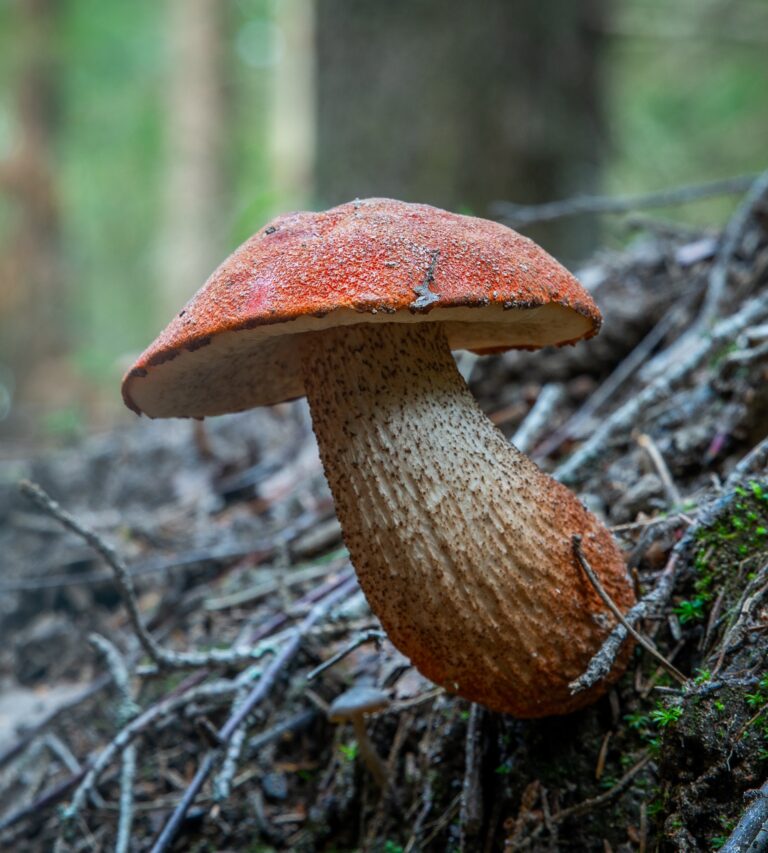Is Psilocybin Legal in Panama?
In Panama, psilocybin and psilocybin-containing mushrooms are illegal. The country has strict drug laws that classify psilocybin as a controlled substance, similar to other psychedelic substances such as LSD and MDMA. However, the possession, sale, and cultivation of psilocybin mushrooms are not as heavily enforced as other drugs like cocaine or heroin.
What are Psilocybin Mushrooms Called in Panama?
Psilocybin mushrooms are commonly referred to as hongos mágicos (magic mushrooms) in Panama. There are several species of psilocybin mushrooms that can be found in the country, including Psilocybe cubensis and Panaeolus cyanescens. These mushrooms are known for their hallucinogenic properties and have been used for centuries by indigenous cultures for spiritual and medicinal purposes.
Can I Grow Psilocybin Mushrooms in Panama?
Although the cultivation of psilocybin mushrooms is illegal in Panama, it is not uncommon for people to grow them for personal use. The warm and humid climate of the country provides an ideal environment for the growth of these mushrooms. However, cultivating psilocybin mushrooms without a proper license can result in legal consequences.
What are the Penalties and Enforcement for Psilocybin in Panama?
The penalties for possession, sale, or cultivation of psilocybin mushrooms in Panama can be severe. The country has a zero-tolerance policy for drug offenses, and individuals found in possession of even small amounts of psilocybin can face harsh consequences. Some of the penalties for psilocybin-related offenses in Panama include:
- Imprisonment for up to 15 years for possession, sale, or cultivation of psilocybin mushrooms
- Confiscation of property and assets related to drug offenses
- Deportation for non-Panamanian citizens convicted of drug-related crimes
Despite these strict penalties, the enforcement of psilocybin-related offenses in Panama is often inconsistent. While some individuals may face severe consequences, others may receive more lenient treatment, particularly for personal use or small-scale cultivation. However, it is important to remember that the risk of legal repercussions is always present when dealing with illicit substances in Panama.
What are the Government Laws and Links Related to Psilocybin in Panama?
The main legislation governing drug control in Panama is the Law No. 14 of 2008, which classifies psilocybin as a controlled substance and outlines the penalties for possession, sale, and cultivation. This law is enforced by various government agencies, including the Ministry of Public Security and the National Police of Panama. Additionally, Panama is a signatory to several international drug control treaties, such as the Single Convention on Narcotic Drugs of 1961, which further regulates the country’s drug policies.
In conclusion, while psilocybin and psilocybin-containing mushrooms are illegal in Panama, enforcement of these laws can be inconsistent. Nevertheless, individuals should exercise caution and be aware of the potential legal consequences associated with the possession, sale, or cultivation of psilocybin mushrooms in the country.
